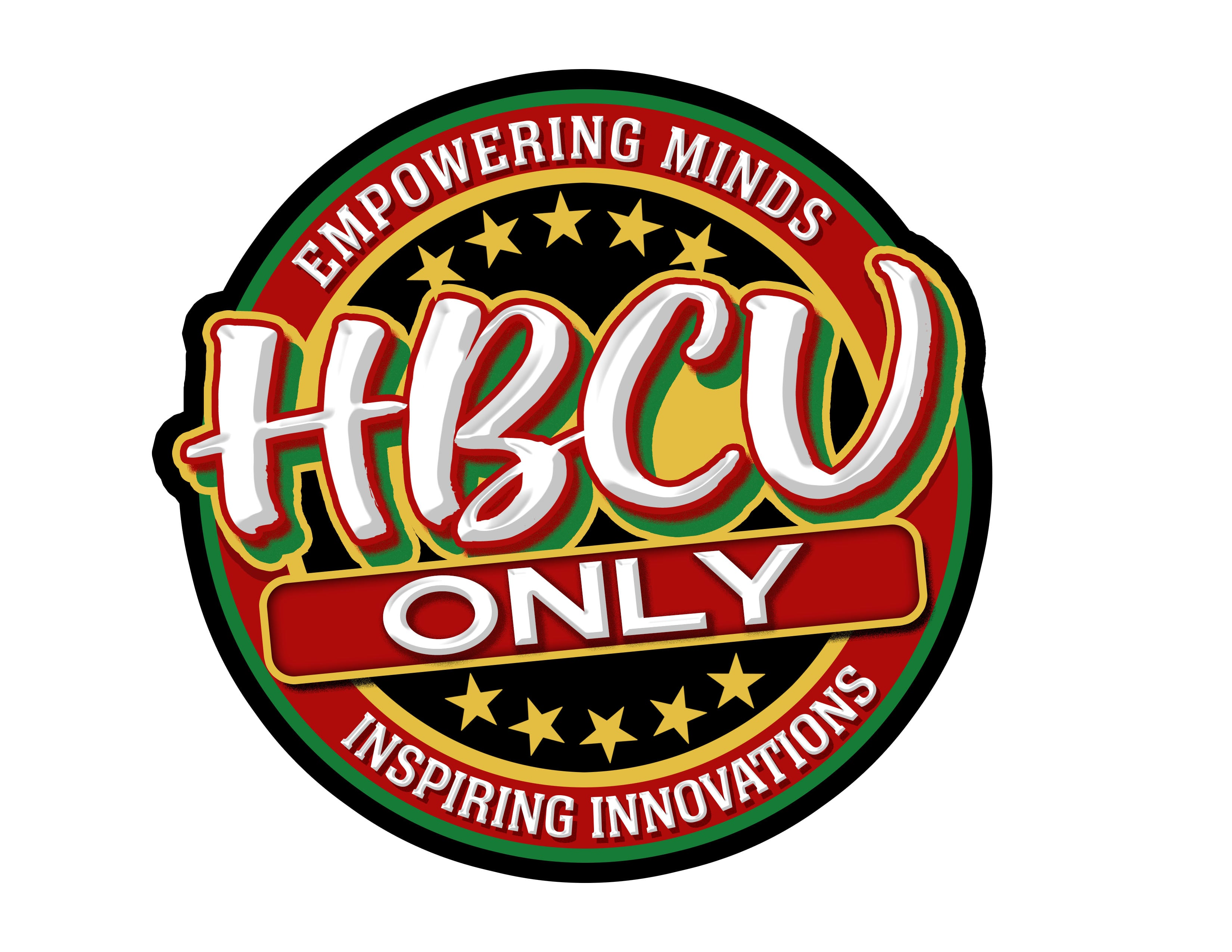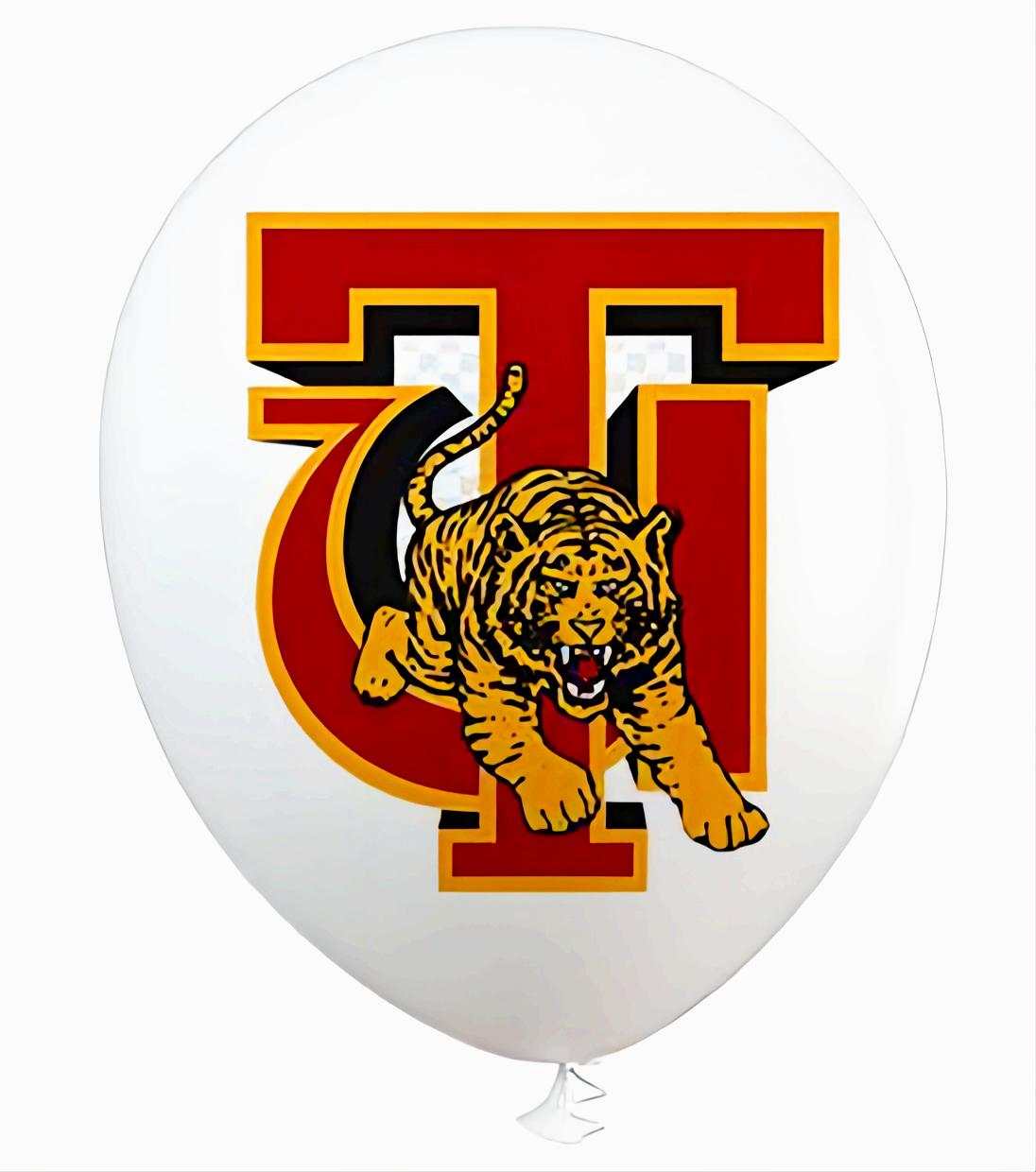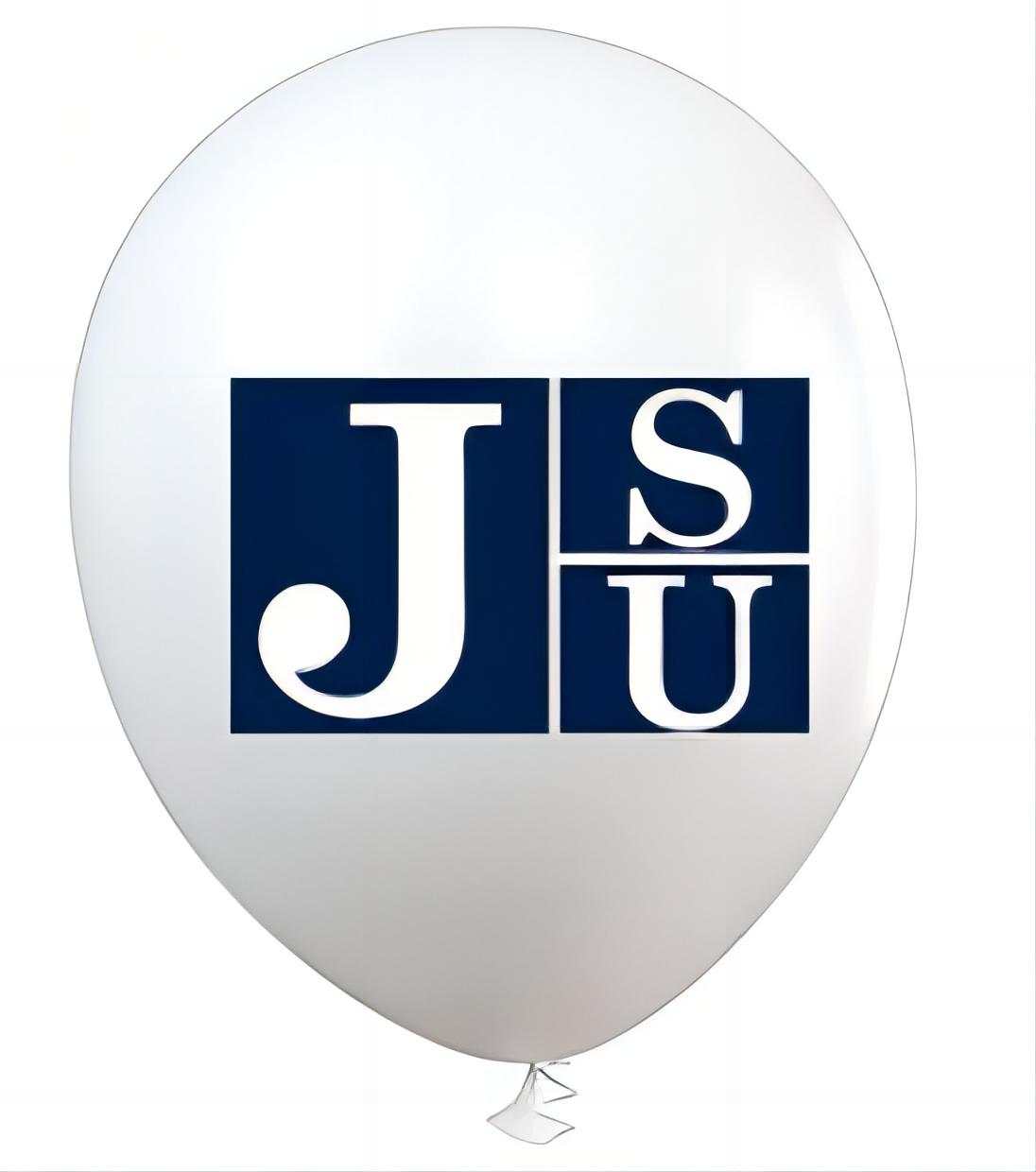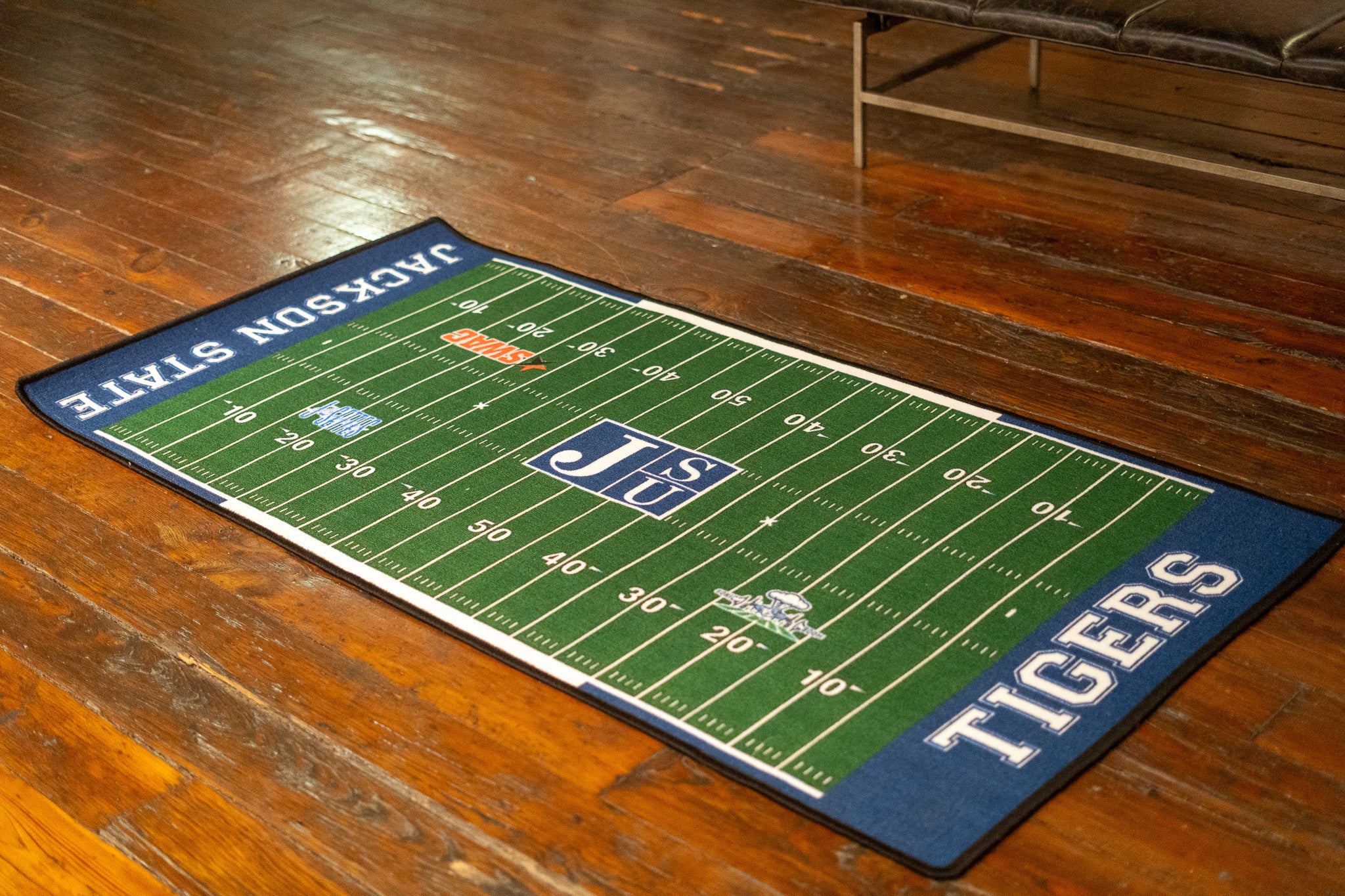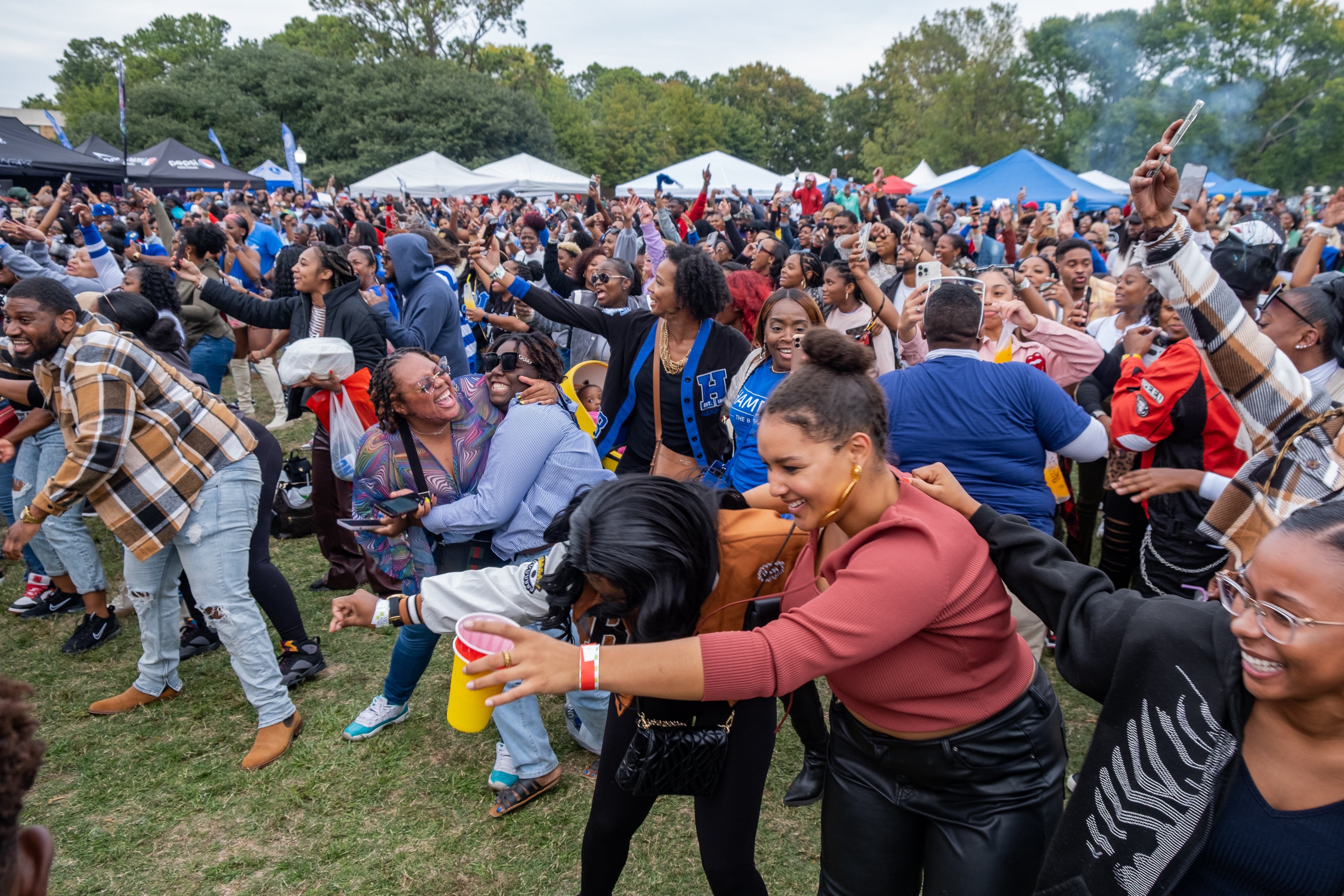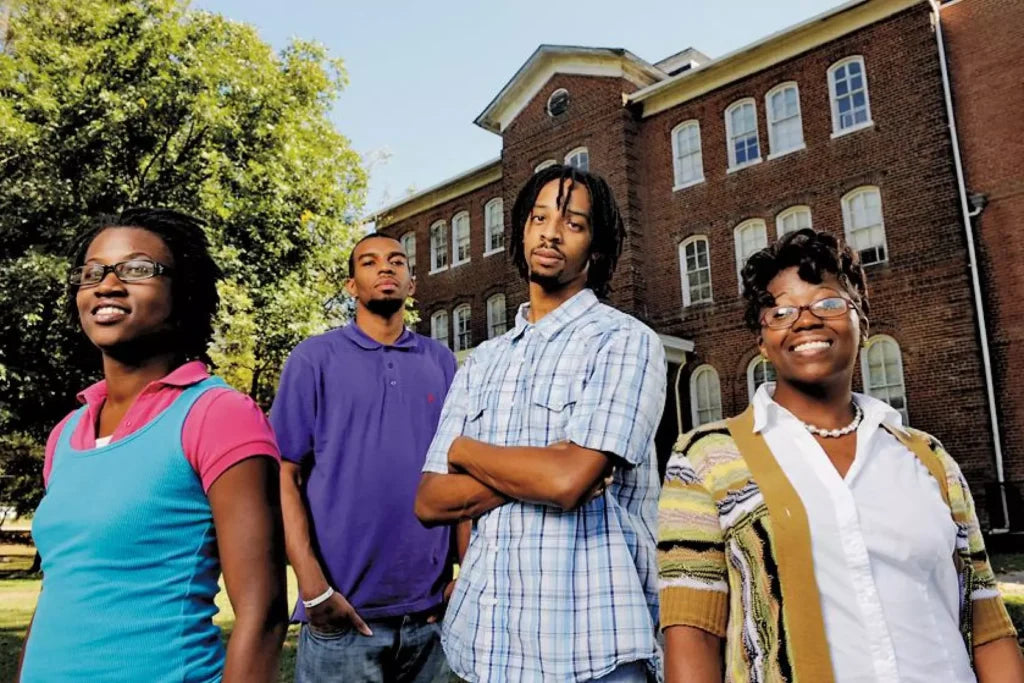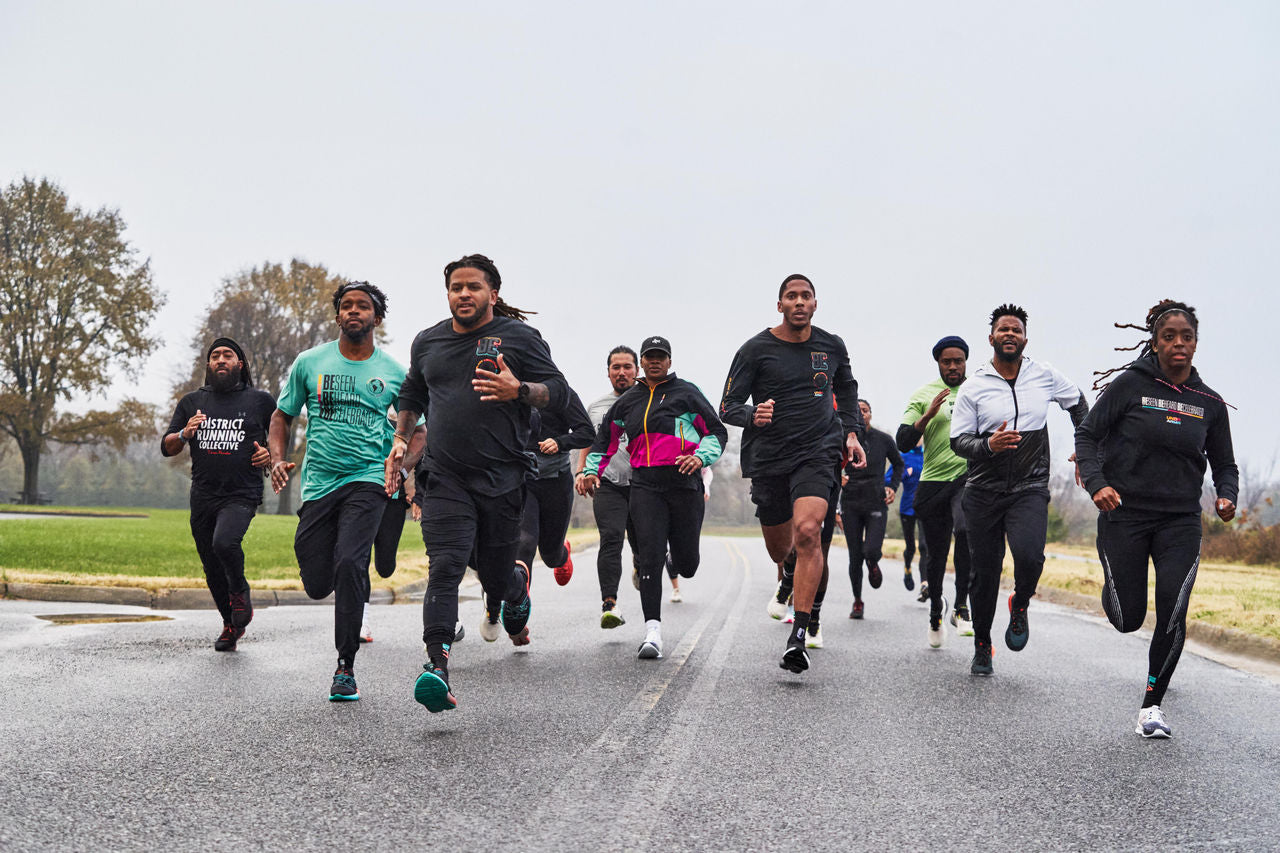
NCAA Ends Cannabis Testing for D1 HBCU Athletes

In a landmark decision, the NCAA Division I Council has voted to cease testing Division I athletes for cannabis products before championships, marking a significant policy shift aimed at focusing on student-athlete well-being over punitive measures.
A Shift in Focus
Council Chair Josh Whitman highlighted that the NCAA's drug testing program is designed to ensure the integrity of competition rather than to confer a competitive advantage, acknowledging that cannabis does not enhance athletic performance. This change reflects a broader shift towards policies that prioritize the health and safety of student-athletes rather than penalizing cannabis use.
Impact on HBCU Athletes
This policy revision is particularly impactful for athletes at over 20 HBCUs within Division I, including Alabama A&M, Howard University, and North Carolina A&T State University, among others. By eliminating penalties for cannabis, the NCAA aligns itself with changing legal landscapes and societal norms, potentially reducing stigma and legal risks for athletes.
Health and Recruitment Benefits
Athletes may now use cannabis for legitimate medicinal purposes, such as pain management or anxiety reduction, without fear of repercussions. This could lead to better health outcomes and stress management, enhancing both recovery times and overall athletic performance. Additionally, this policy shift could improve recruitment opportunities for HBCUs by appealing to a broader range of athletes.
Expanded Coaching Opportunities
Furthermore, the Division I Council has approved a measure allowing all coaching staff members to provide direct instruction to players during games and practices, a move that could enrich the training environment and support student-athletes more effectively.
Maintaining Competitive Balance
While expanding instructional opportunities, the NCAA has maintained recruitment personnel limits to ensure competitive balance, demonstrating a commitment to equitable competition and support for student-athletes across all schools.
Conclusion
The NCAA’s decision to stop cannabis testing before championships is a progressive step forward in supporting student-athletes' rights and well-being, especially those at HBCUs, by recognizing the changing dynamics around cannabis use within and beyond the sports world.
